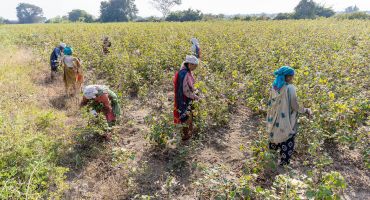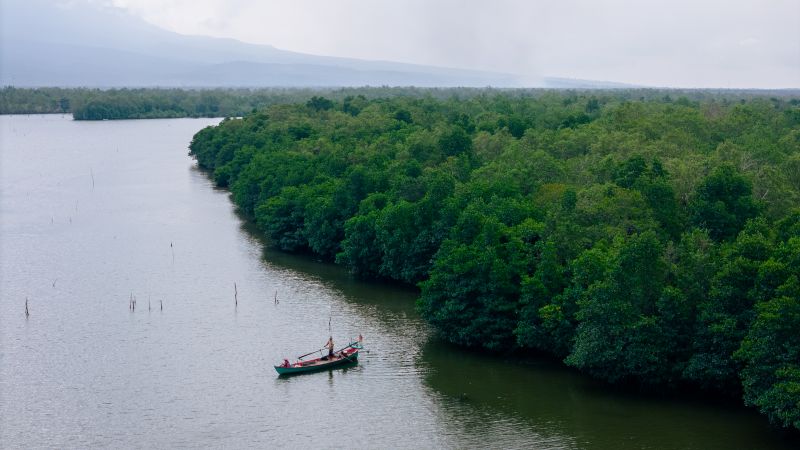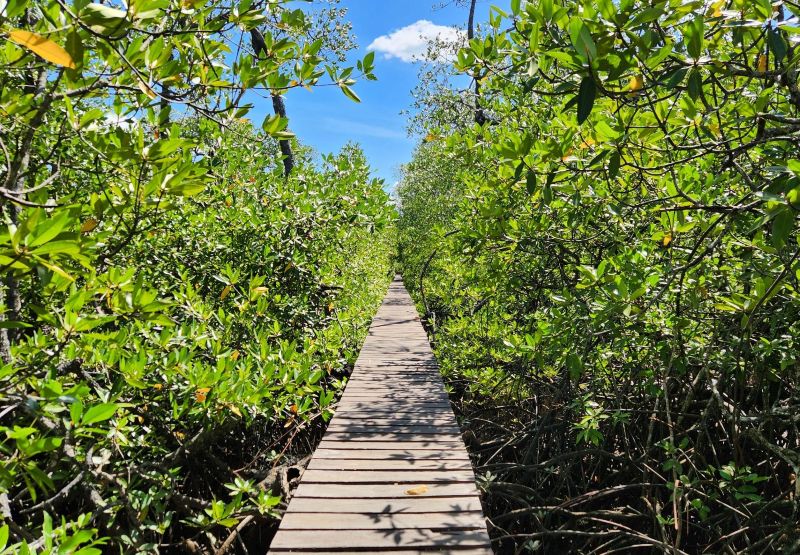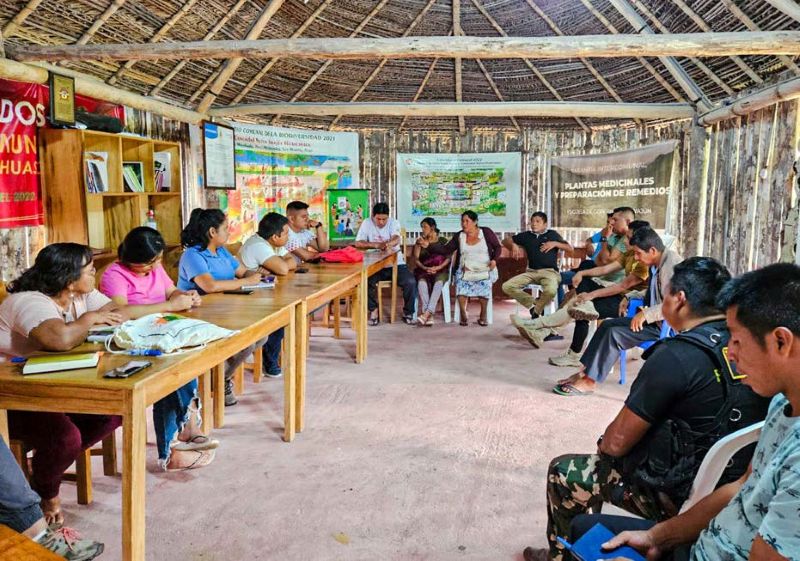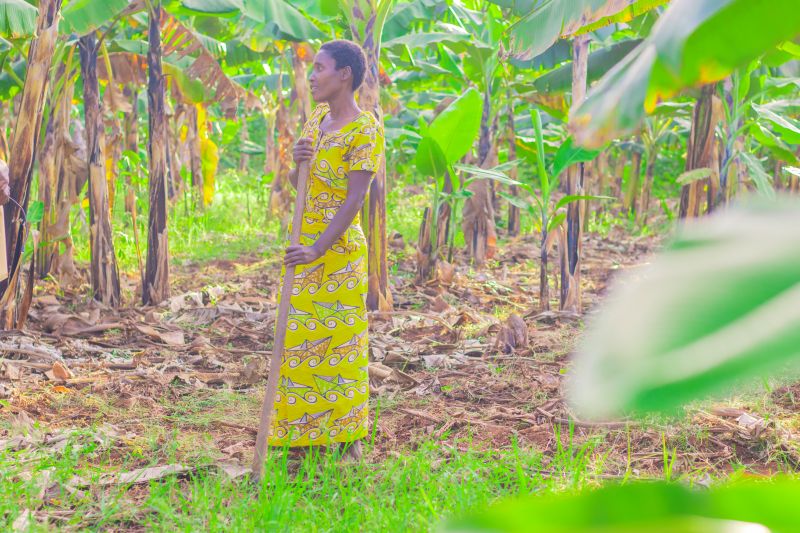Research, Evaluation & Learning
Goal: Contribute to evidence-based decision-making in the land sector and other global development spaces through rigorous and collaborative research and learning.
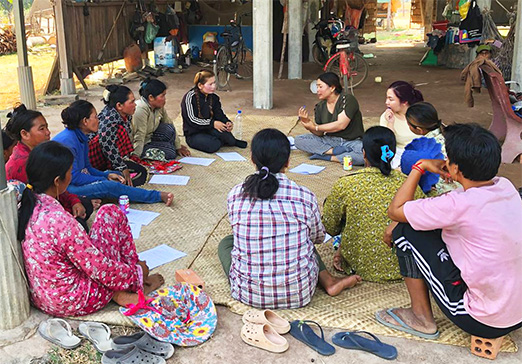
We’re building a shared understanding of one of the world’s most powerful development solutions.
Secure land rights are foundational to a world that is sustainable, without poverty or hunger, where women and men have equal opportunities, and where nobody is left behind. Yet, today, gaps in evidence and data hamper efforts across sectors, leaving governments, civil society, corporations and donor groups without all the information they need to embrace secure and equitable land tenure as a critical lever for development.
Through research, technical support, and advocacy, Landesa is growing the evidence base to promote a nuanced, intersectional understanding of how land rights can improve livelihoods, governance, women’s empowerment, and responses to climate change, and evidence of what interventions work, where, how, and for whom.
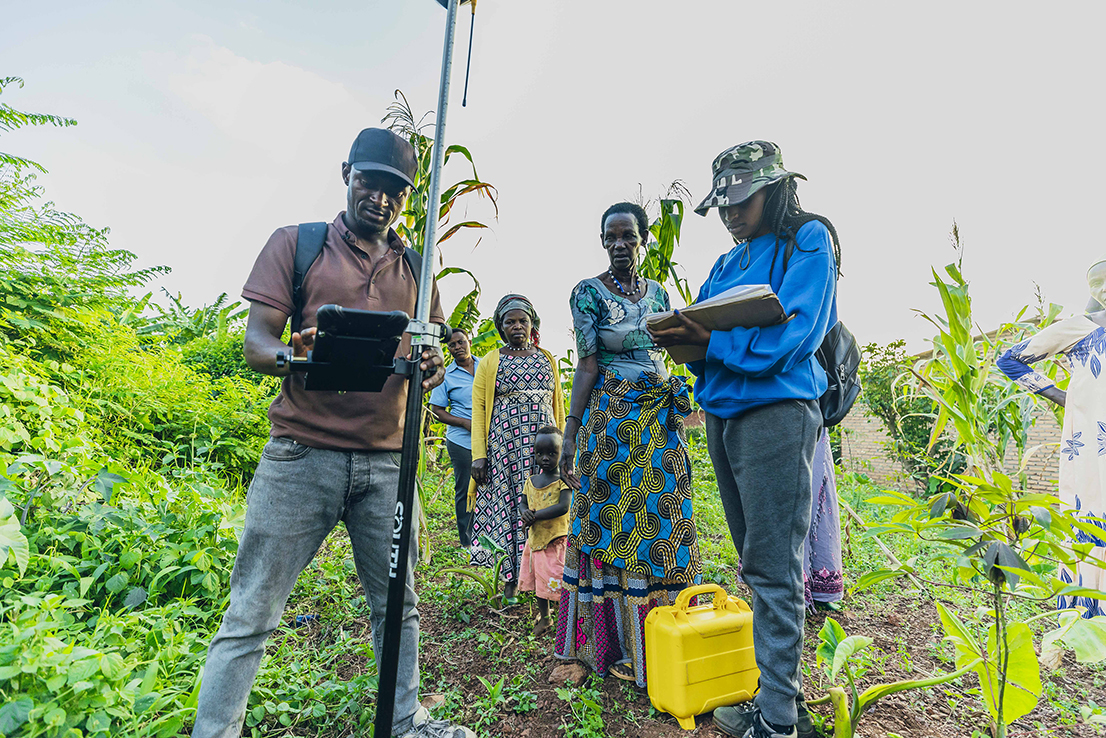
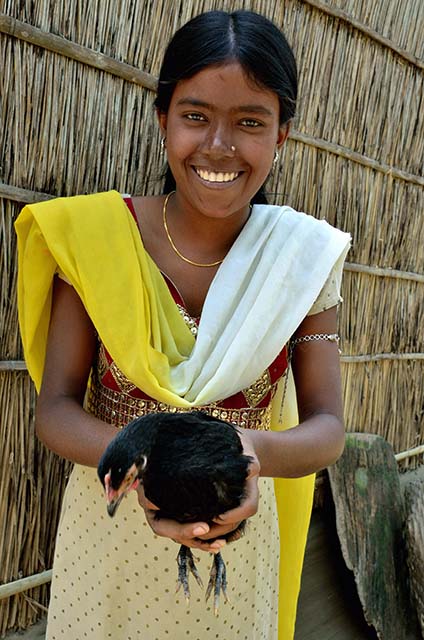
Our work
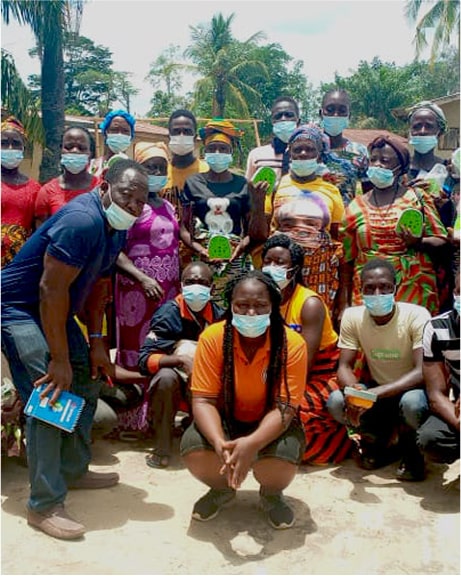
Communications, Evidence and Learning
As part of the Communications, Evidence and Learning (CEL) Project led by Training Resources Group, Inc., Landesa helped to deepen the impact of USAID’s work through synthesis of existing evidence, new research on gender disparities and impacts of formal land rights, and piloting approaches to build awareness of women’s land rights. As leader of CEL’s research component, Landesa ensured that up-to-date information and analysis on countries’ land tenure contexts, good practices in land governance and research, and evidence on land tenure’s linkages with other development outcomes were accessible to USAID and its partners. Landesa also led an evaluation of long-term gendered impacts of land certification in Ethiopia and piloted community-centered awareness-raising approaches for women’s and communities’ land rights.
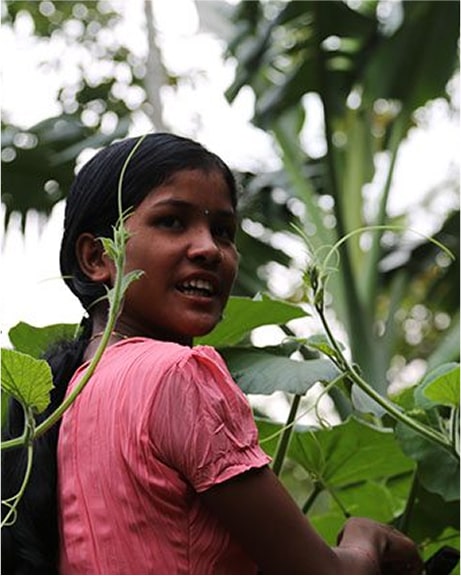
Girls Project
The Security for Girls Through Land Project (Girls Project) aimed to empower and reduce vulnerabilities of adolescent girls in West Bengal, India, by engaging both girls and boys in land-based livelihood and land rights trainings, in partnership with the state government. Landesa employed a robust monitoring and evaluation framework to enable effective monitoring of government implementation, trigger course-correction where needed, regularly hear project participants’ perspectives on outcomes during implementation, and evaluate impacts of the pilot by a baseline to endline comparison.

Data Advocacy for the SDGs
In 2015, under the Sustainable Development Goals (SDGs), UN member nations committed to achieving secure land rights for all women and men to eradicate poverty, eliminate hunger and ensure gender equality globally by 2030. During development of the SDGs, Landesa co-led a multi-stakeholder coalition that was instrumental in getting land rights incorporated into the agenda. Crucially, this collaborative effort included a mandate for the collection of globally comparable and sex-disaggregated land rights data, helping to diagnose and track changes in land rights and land tenure around the world.

